Memorial Hospital Research Laboratories
The Samuel Singer Lab
Research
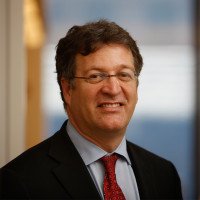
Professor
Soft tissue sarcoma is a heterogeneous disease with more than 50 histological subtypes, which have diverse biological behavior and – in many cases – unique genetics. Many sarcoma subtypes respond poorly to chemotherapy, so there is an urgent need for better treatment options for patients whose disease cannot be cured surgically. The major focus of my research is the discovery of genetic and epigenetic alterations in sarcoma to gain insight into sarcoma biology and find new targets for therapy.
The immediate goal of our research is to increase our understanding of sarcoma biology by discovering the alterations in DNA and RNA that cause sarcomas to develop and progress. These findings allow us to improve both the accuracy of diagnosis and the accuracy of predicting treatment outcome and survival for individual patients. These better predictions, in turn, will make it possible for patients to be given the treatment (such as a specific targeted therapy, chemotherapy, or radiation) most likely to be effective for their particular tumor.
Another goal of the research is to find new targeted therapies aimed specifically at alterations in particular tumor types. Examples of targeted therapies that I have been actively involved in developing and designing include anti-angiogenesis therapy for soft tissue sarcoma, imatinib (Gleevec®) for gastrointestinal stromal sarcoma, and cell cycle kinase inhibitor therapies (CDK4, AURKA, and PLK1), demethylating agents, HDAC inhibitors, and PPAR gamma ligands for various liposarcomas.
I am optimistic that this research will ultimately improve survival and quality of life for patients with soft tissue sarcoma.
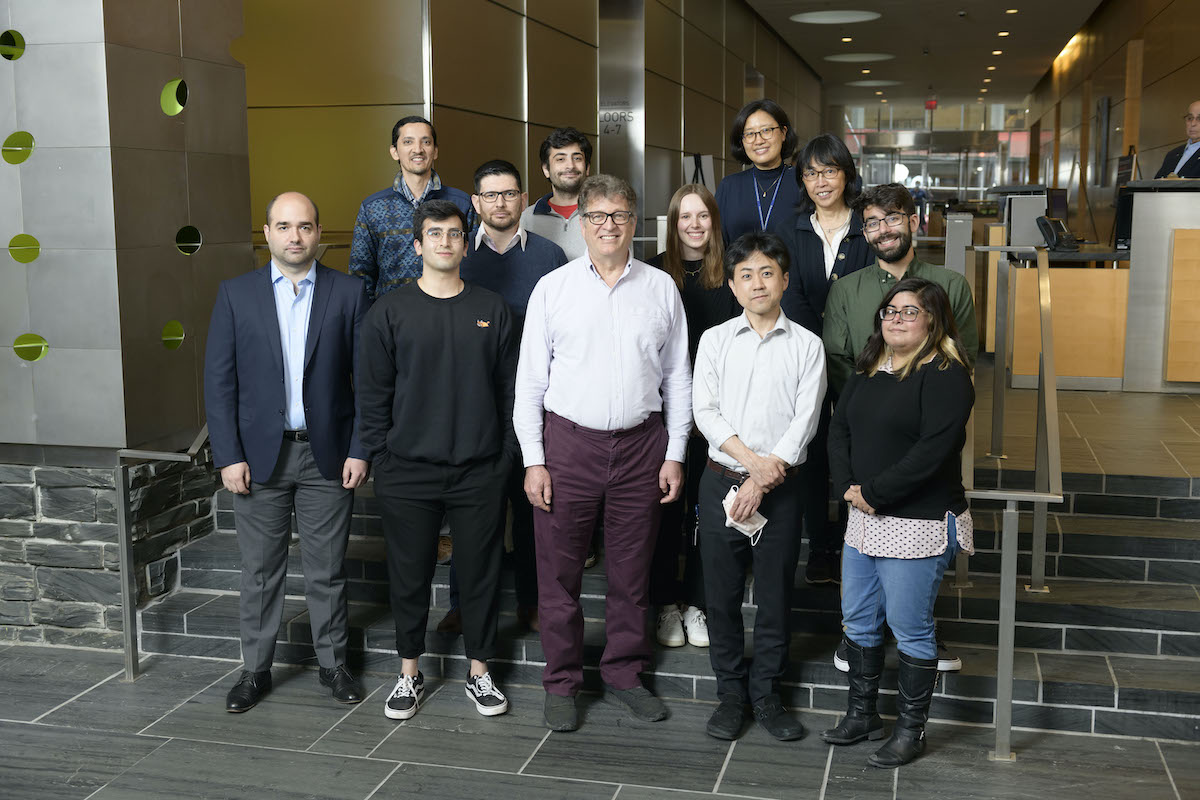
Publications Highlights
Angeles CV, Velez A, Rios J, Laxa B, Shum D, Ruiz PD, Shen Y, Ostrovnaya I, Gularte-Mérida R, Nacev BA, Dickson MA, Djaballah H, Okada T, Singer S. A High-Content Screen for C/EBPalpha Expression Identifies Novel Therapeutic Agents in Dedifferentiated Liposarcoma. Clin Cancer Res. 2022 Jan 1;28(1):175-186. doi: 10.1158/1078-0432.CCR-19-2486. Epub 2021 Oct 19.PMID: 34667024
Li GZ, Okada T, Kim YM, Agaram NP, Sanchez-Vega F, Shen Y, Tsubokawa N, Rios J, Martin AS, Dickson MA, Qin LX, Socci ND, Singer S. Rb and p53-Deficient Myxofibrosarcoma and Undifferentiated Pleomorphic Sarcoma Require Skp2 for Survival. Cancer Res. 2020 Jun 15;80(12):2461-2471. doi: 10.1158/0008-5472.CAN-19-1269. Epub 2020 Mar 11. PMID: 32161142
Mazzu YZ, Hu Y, Shen Y, Tuschl T, Singer S. miR-193b regulates tumorigenesis in liposarcoma cells via PDGFR, TGFβ, and Wnt signaling. Sci Rep. 2019 Mar 1;9(1):3197. doi: 10.1038/s41598-019-39560-0. PMID: 30824765
Cancer Genome Atlas Research Network. Comprehensive and Integrated Genomic Characterization of Adult Soft Tissue Sarcomas. Cell. 2017 Nov 2;171(4):950-965.e28. doi: 10.1016/j.cell.2017.10.014. PMID: 29100075
Okada T, Lee AY, Qin LX, Agaram N, Mimae T, Shen Y, O’Connor R, López-Lago MA, Craig A, Miller ML, Agius P, Molinelli E, Socci ND, Crago AM, Shima F, Sander C, Singer S. Integrin-α10 Dependency Identifies RAC and RICTOR as Therapeutic Targets in High-Grade Myxofibrosarcoma. Cancer Discov. 2016 Oct;6(10):1148-1165. doi: 10.1158/2159-8290.CD-15-1481. PMID: 27577794
People

Samuel Singer, MD, FACS
Chief, Gastric and Mixed Tumor Service; Vincent Astor Chair of Clinical Research and Director, Sarcoma Center at Memorial Sloan Kettering
Professor
- Physician-scientist Samuel Singer studies the genomic alterations that define new targets for therapy in sarcoma. I am a surgical oncologist who specializes in the diagnosis and treatment of soft tissue sarcoma. I have extensive experience with this group of cancers, and am one of just a few surgeons in the world focused solely on treating sarcoma patients. My years of experience have enabled me to devise surgical techniques that improve the ability to completely remove these tumors. In addition to my clinical sarcoma practice, I conduct laboratory research to develop new methods to improve the diagnosis and treatment of sarcoma. I lead both a National Cancer Institute Specialized Program in Research Excellence (SPORE) and the Sarcoma Genome Project.
- MD, Harvard Medical School
- View physician profile
- Physician profile
Members
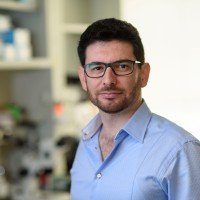

Research Technician

Senior Research Scientist

Research Scholar

Senior Research Scientist

Research Technician

Senior Research Scientist
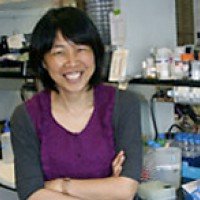
Senior Research Scientist

Senior Research Scientist

Research Technician

Senior Research Technician

Research Scholar
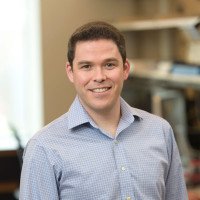
Lab Alumni

Assistant Attending
Open Positions
To learn more about available postdoctoral opportunities, please visit our Career Center
To learn more about compensation and benefits for postdoctoral researchers at MSK, please visit Resources for Postdocs